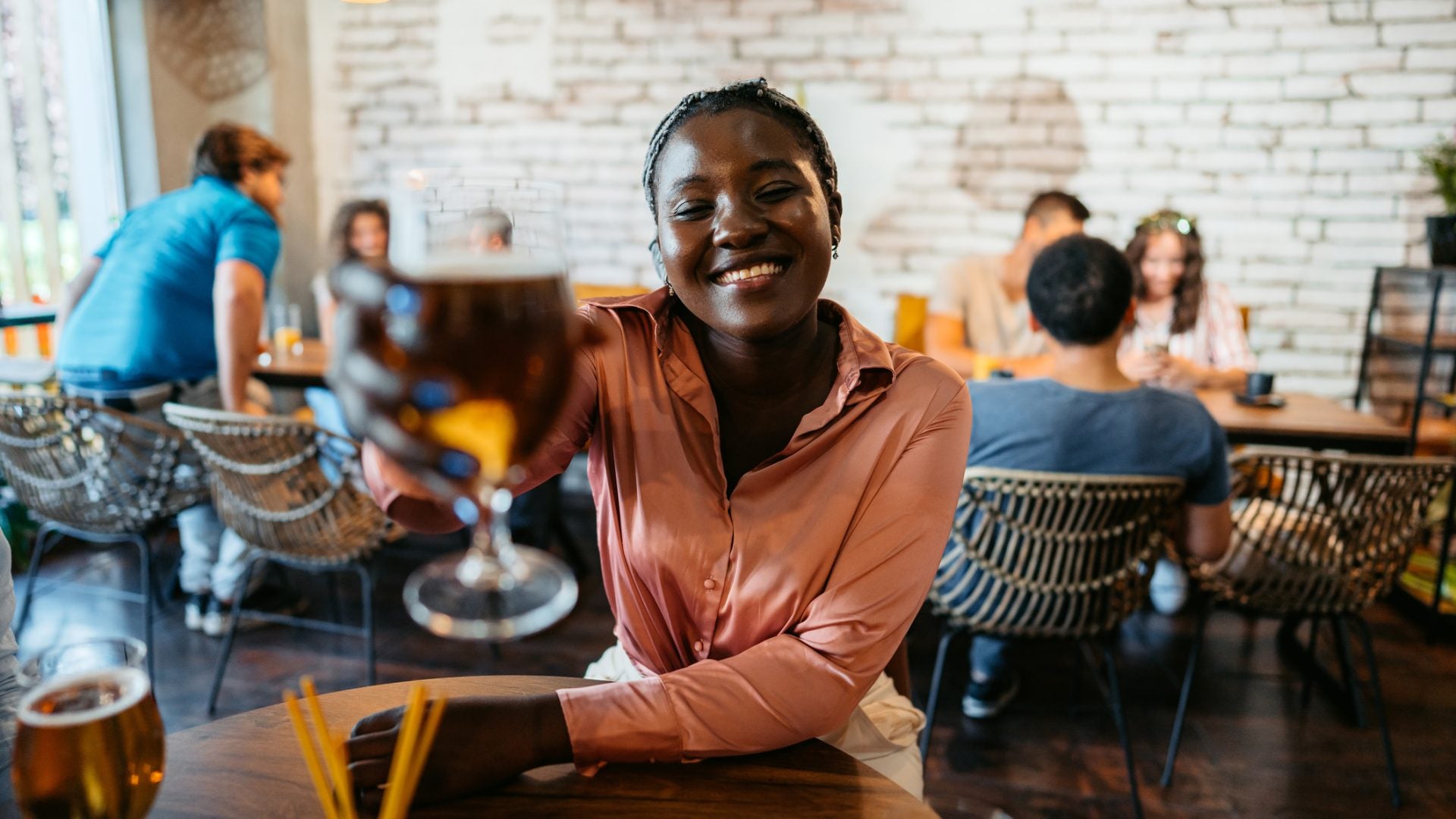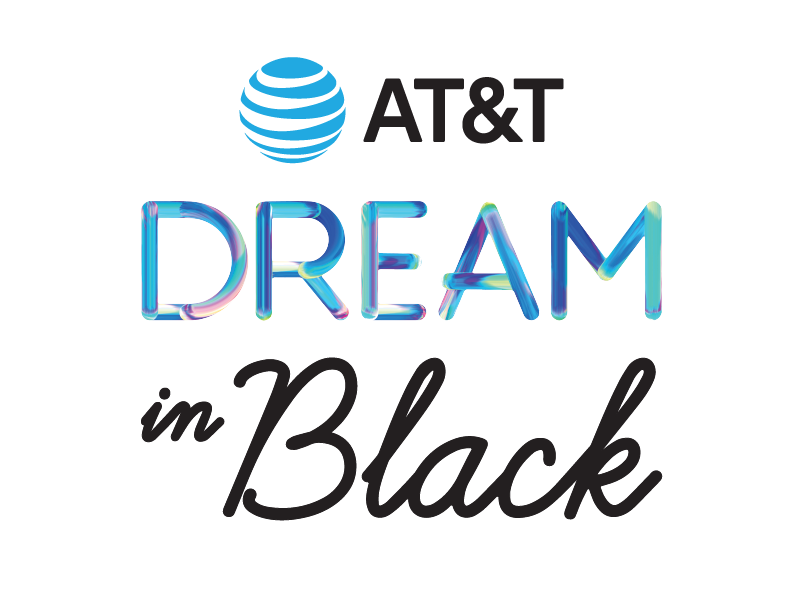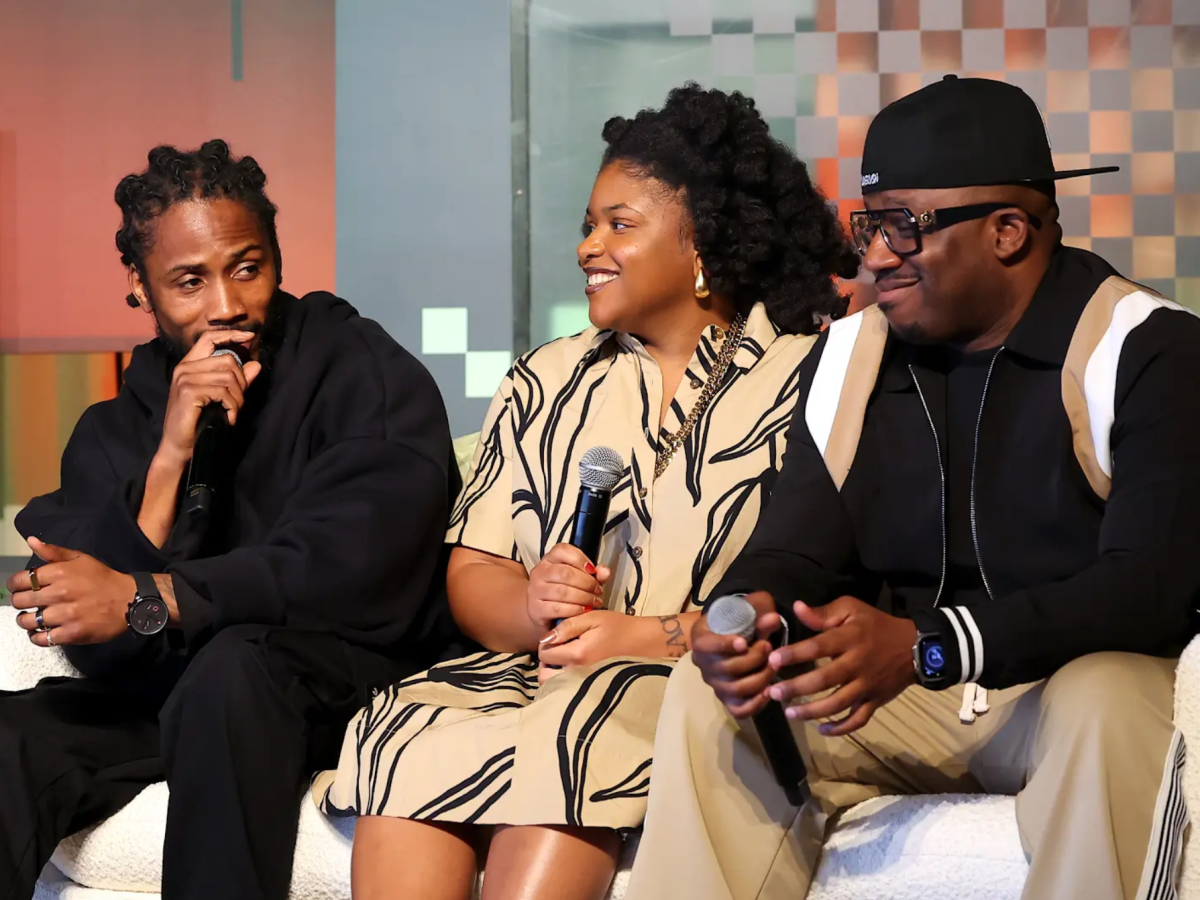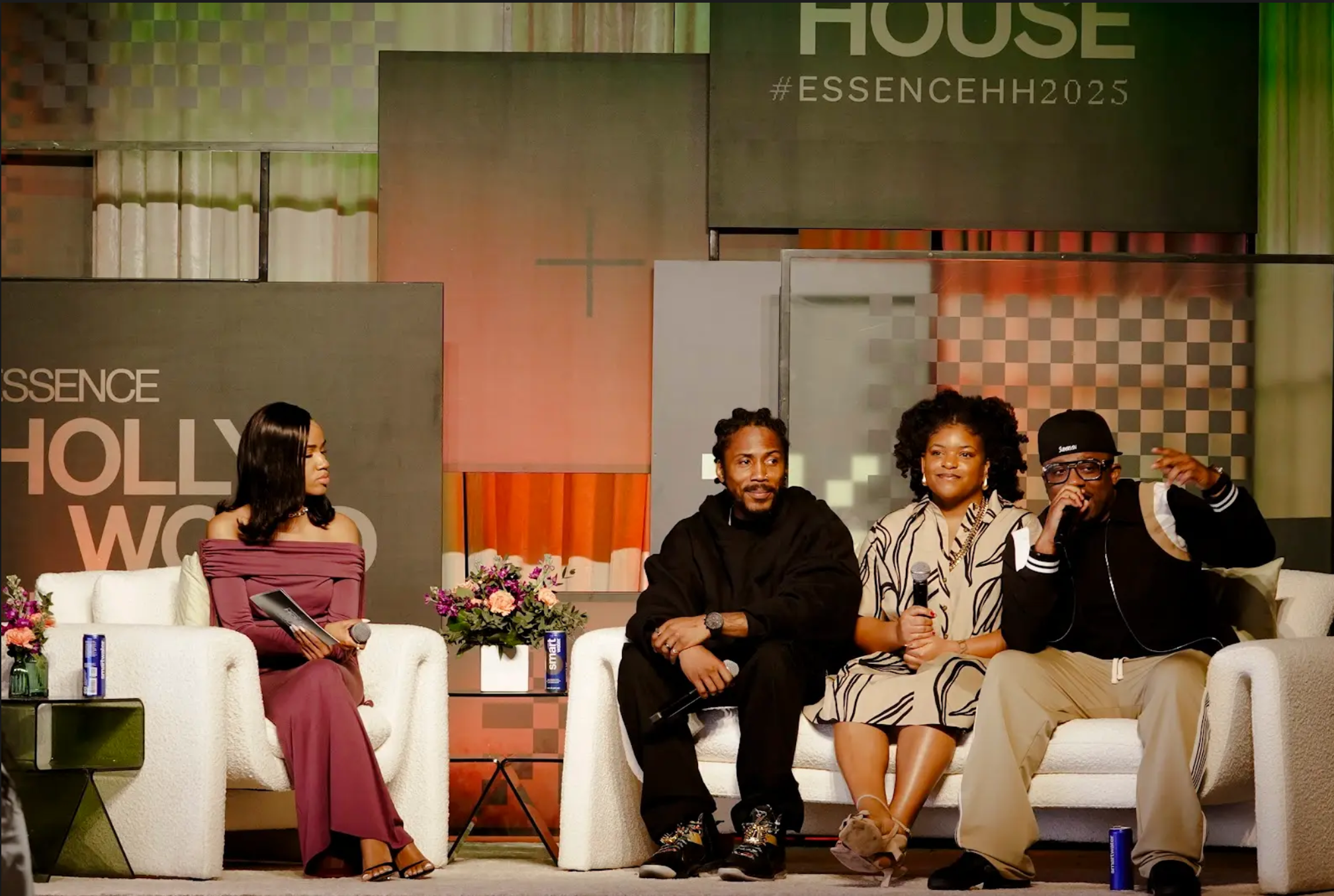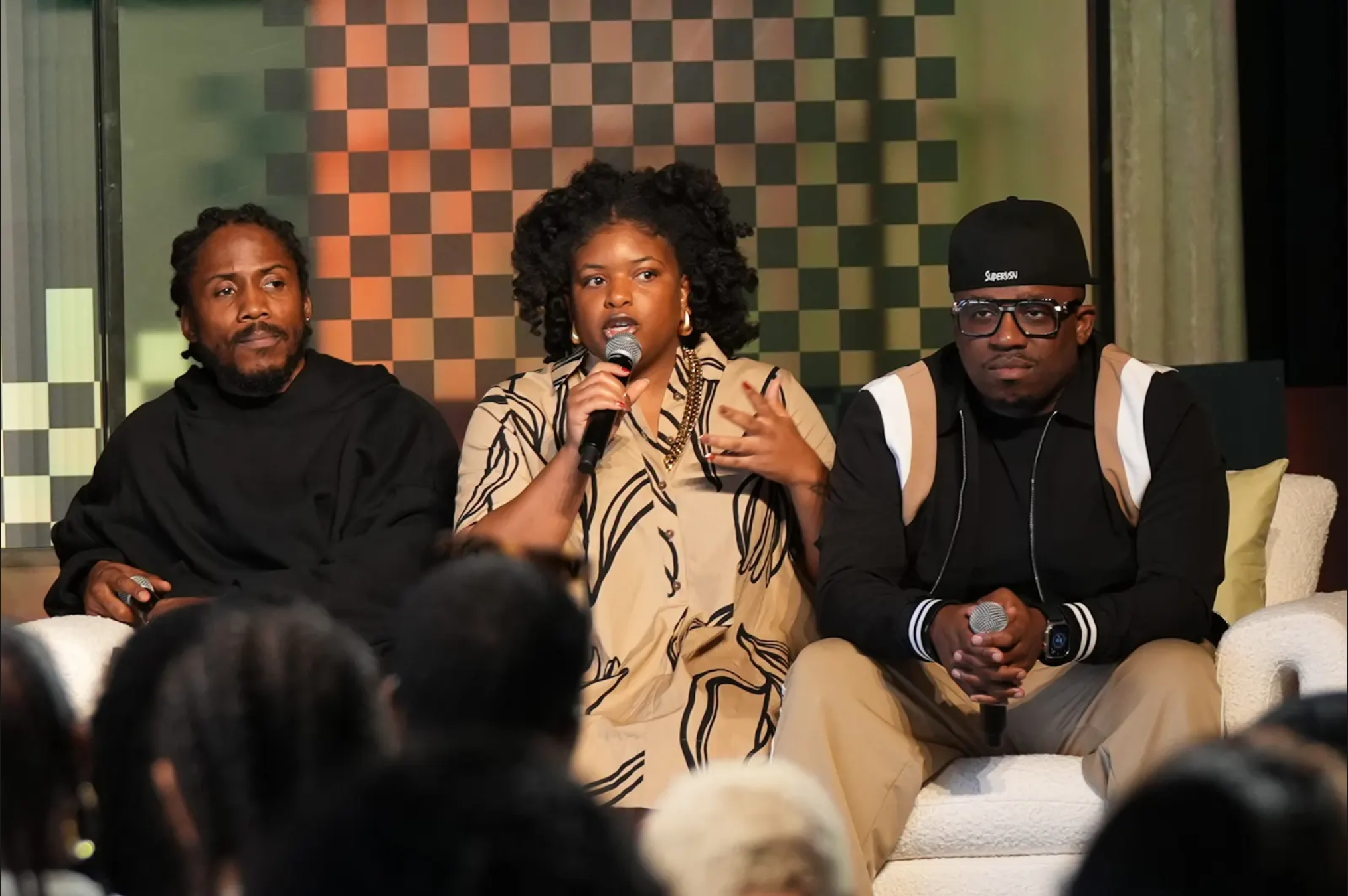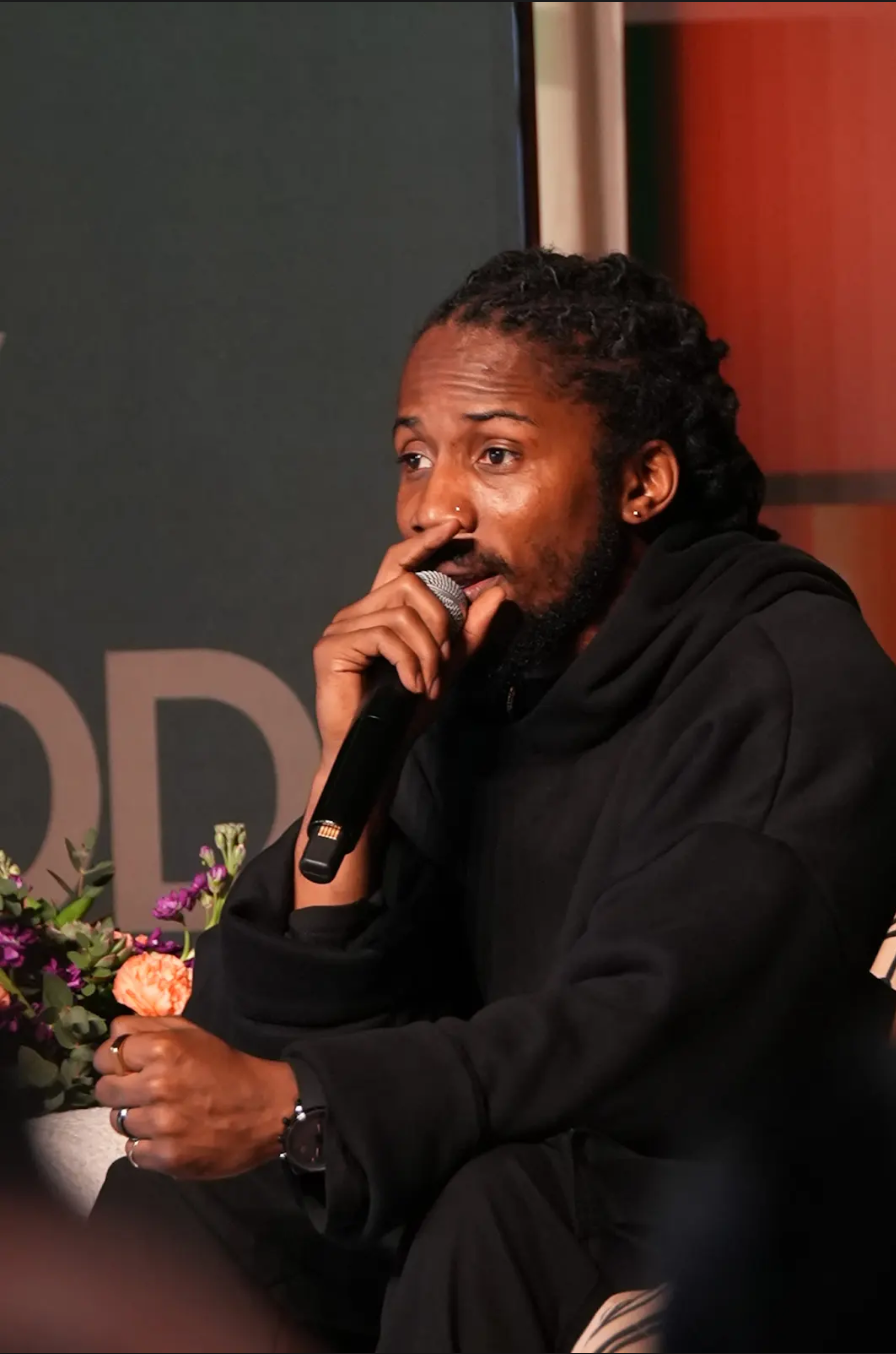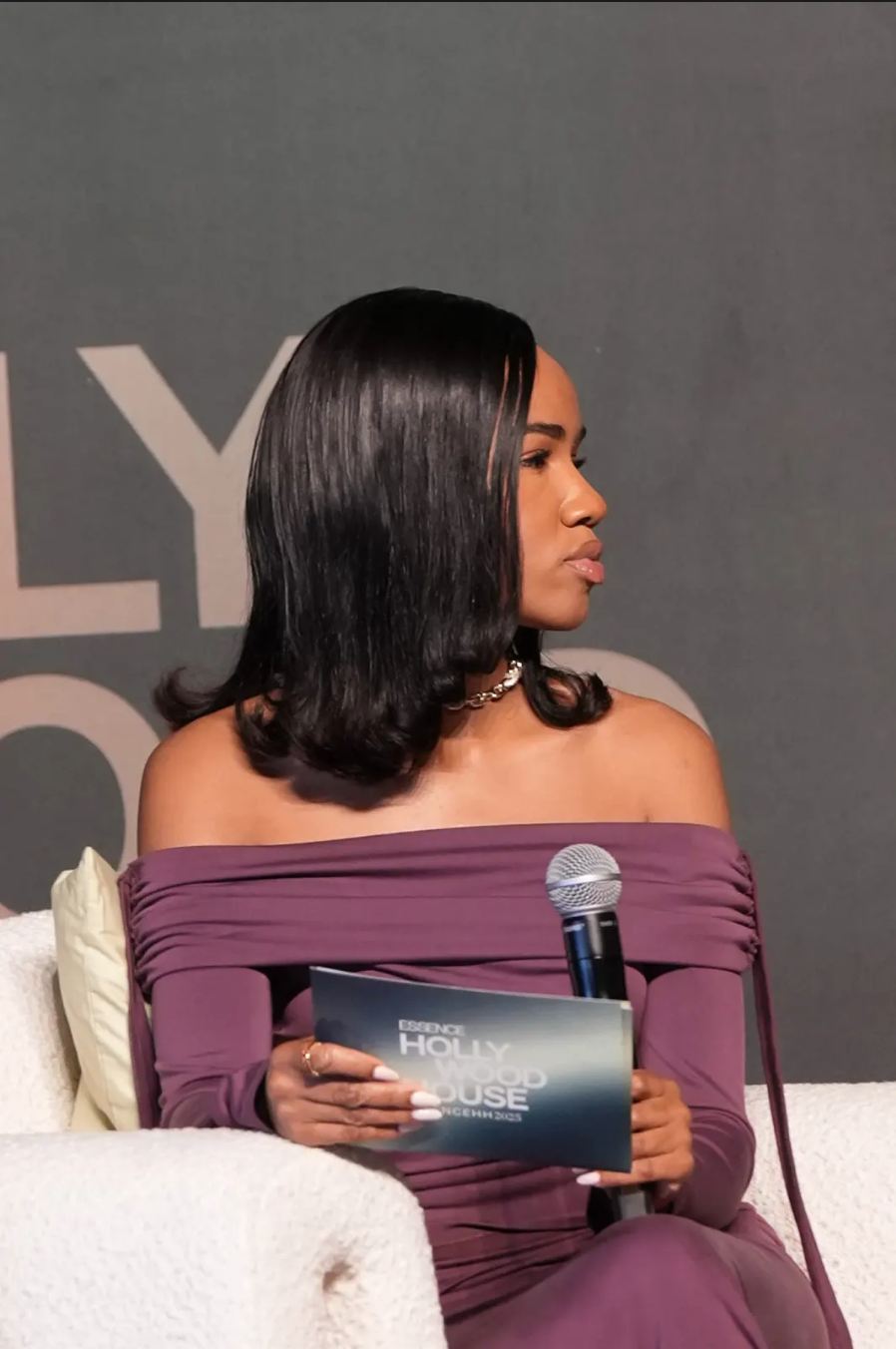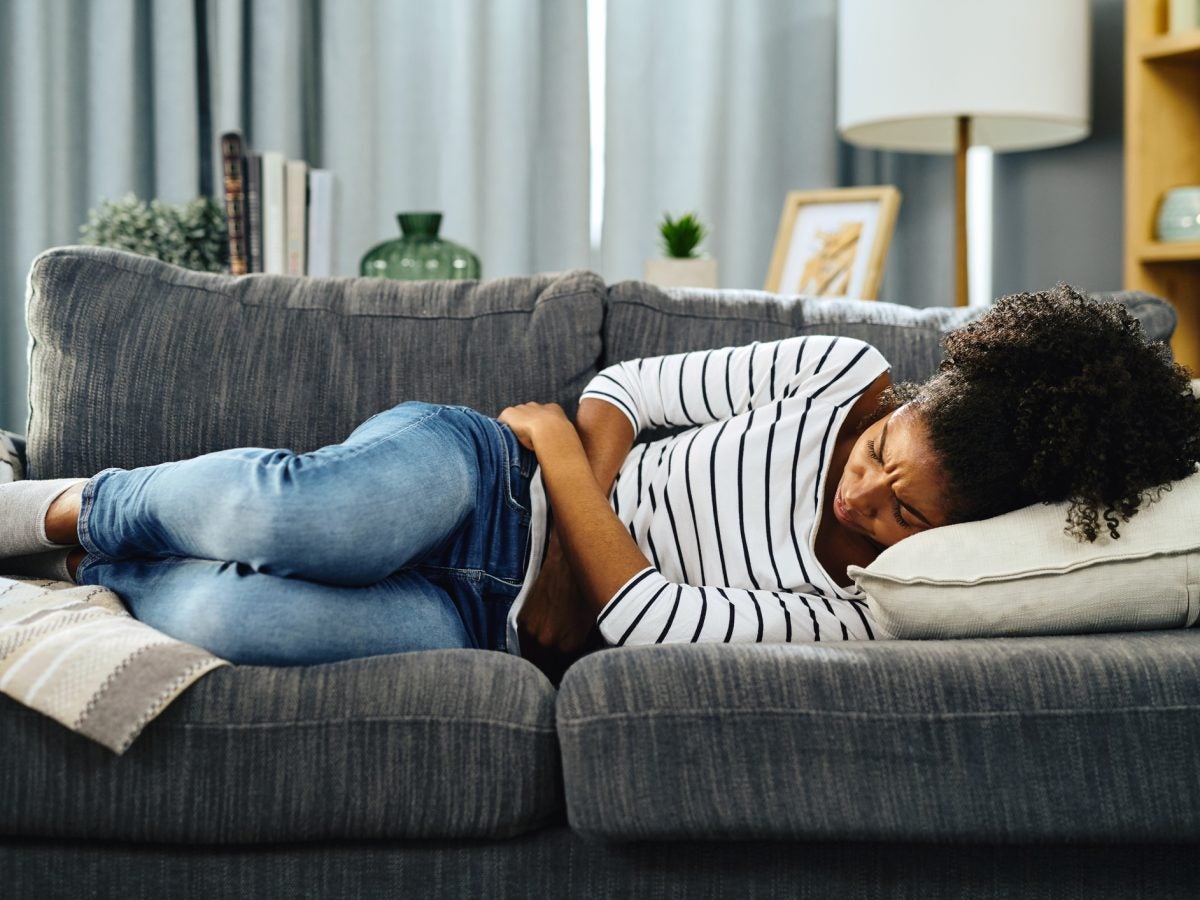
I thought I remembered throwing up and doubling over in pain. I thought I remembered painkillers and heat pads. I thought I remembered the details of my excruciating cramps and that made my need for help more valid.
That’s not how my mom remembers it. She remembers normalcy, a time before the pain. That made me doubt myself and wonder if I made it all up. Isn’t this the story of Black women’s pain? If other people didn’t witness it or can’t attest to the severity of it, maybe it wasn’t that bad.
I was recently officially diagnosed via laparoscopic surgery with endometriosis. In the days before the surgery, I consumed myself with knowledge about it. I wanted to make sure it was real and that I wasn’t imagining the pain or going to end up wasting thousands of dollars if there was nothing they could find wrong. Most of all, I’d grown weary of trying to trust myself when things ended up being found “normal” in labs and multiple doctors’ appointments despite the very real experiences of pain. When fatigue and chronic pain are so invisible and unseen and therefore, untreated, it’s easy to start to wonder if it’s all in our heads.
After the surgery, when I was lying in bed, numbed from the pain by the strongest of painkillers, I asked my mom questions. I asked her in confirmations, uncomfortable with the possibility of them not being true.
“We had to go to the hospital for my period pain, right?” I asked.
“No,” she replied. “It was normal until college.”
I pressed on for information. “I threw up and went home from school because of my period, right?”
“Not that I remember,” said my mom, known for her impeccable memory.
I write this because two narratives can be true and vastly different, and because of trauma, it can be hard to validate ourselves when we are told differently. It’s possible I tried to suck it up and not speak about how painful the periods were, and that is why we both remember them differently; neither reality is less valid. It’s possible that the pain did indeed come later in my life, but because it was so intense, it covers my entire memory of periods. I cannot remember what it was like to not have this much pain. The details don’t have to invalidate the experiences.
Endometriosis is when the tissue that usually lines the uterus grows outside of it. It can be incredibly painful, like it was for me, but it is not always diagnosable without surgery. This already large barrier to identifying it combined with the lack of awareness of presentations in Black women contribute to the experience of pain that goes unnamed and persists, sometimes resulting in worsened health outcomes such as issues with infertility and symptoms of mental illness.
Once I had a name for this and learned how abnormal the experiences of pain were, I went to a specialist. I wanted to mitigate as much invalidation as possible. As I consumed more literature surrounding endometriosis, I became filled with rage. The stories of dismissal were rampant and I’d heard them before. At this point, I’d been given narcotics to help manage the pain and conversations around how periods aren’t supposed to be that painful were new to me. It was a complete surprise to me that in my over two decades of living, I had not heard that even heat pads and pain killers weren’t necessarily “normal” in addressing period pain.
Nobody told me that when my period lasted 15 days, at the doctor when I finally felt a spark of courage to say “endometriosis” only to be met with another offer of birth control pills, or when I complained that the narcotics weren’t working for the pain anymore. No one said that there might be something else going on.
It took some time to land on endometriosis as a possibility for me. The ultrasounds had shown nothing before, and I ultimately had to trust myself and my experience of pain. I had to advocate for myself in the face of deep wounding around experiences of invalidation in the medical system. Come time for the surgery, I pushed down everything inside of me that wanted to cancel because of the possibility of shame and embarrassment of potentially not finding anything. The overwhelm of having continued pain without a solution or plan for relief – it all felt like too much. But I stayed and tried to trust myself and my pain; maybe this would be a lesson, a visceral learning I could hold onto for future times when it felt hard to trust my body and myself.
After the surgery was horrible; the doctor told us not to call her. She would go on to dismiss and try to blame my mother and I when she couldn’t provide information about what happened during my surgery. I also noticed something shocking in my chart: “hysterectomy.” Immediately, the gaslighting and self-doubt narrative started up: “Maybe I signed something and didn’t read carefully enough” and “I don’t even have the energy to fight this.” There I was wondering if I still had my uterus and most of what I could feel was too exhausted to fight because I knew the priority would not be centered around my body, but about protecting the system at all costs. Too tired to make the calls to see if this was true, too exhausted to demand that this wasn’t okay, too, too tired. It turns out that maybe they used the code “hysterectomy” just in case it happens in an emergency, though it’s ‘very unlikely’ it happened. Nevertheless, that’s beside the point of the pain and the worry being dismissed.
Situated within the context of continued medical mistrust from Black women who have been studied and exposed to harm without our consent, under-researched in our ailments, and left to literally die, all paired with the pain that I already approached this mess trying to fix, the process of healing is wrapped up in so much pain. I spent the time that I wish I could have been resting from an exhausting surgery calling my cousin who is a doctor in a different state and wondering if I could trust the possibility of a typo when I know Black women have been lied to and brushed aside.
My experience also speaks to the larger burden of Black women to prove our pain and to exhaust ourselves in the plight for justice. It all leads to a fear that I believe often goes unnamed: If all of these negative experiences keep happening to me, then the problem must be within myself — that I need to be kinder or expect and ask for less or be more compromising. It goes back to the discomfort of the pain of feeling invisible. I imagine a lot of Black women may come to believe this about themselves, too: that they must be the problem if so many bad things keep happening to them in systems meant to help us relieve pain.
What a reflection of the plight of Black women: to be so mistreated and beaten down that we begin to believe that we are the problem, and thus, we stop fighting for justice, both for ourselves and for others, internalizing the very beliefs that push us down. But what I want to say is what I wish someone would have told me: We are not the problem. The piling on of bad and unfair things is not a result of internal deficiency or wrongdoing. Your pain is real and valid. You are allowed to name it for yourself. You deserve to heal. I’m sorry that you must encounter so much pain and advocate for yourself amid so much exhaustion. I see you and nothing invalidates the realities of your body and mind. Pain is not your fault or an inevitable force that you should have to grin and bear. You can trust your pain, even and especially that which others cannot see because that pain lives inside your body. Your body is the place where self-trust also lives, the meeting of that pain with trust is the space from which you will be able to heal.


